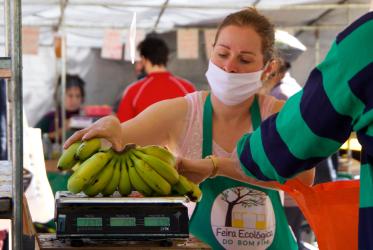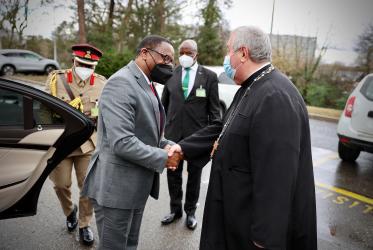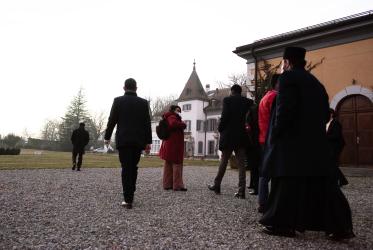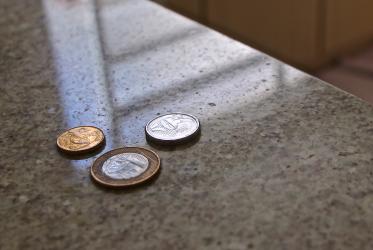Displaying 161 - 180 of 1066
WCC Eco-School 2022 postponed to November 2022
31 March 2022
President of the Republic of Malawi visits WCC with hope for Africa
24 February 2022
European churches grapple with challenges of secularization
16 February 2022
Walk the Talk / Dalle parole ai fatti
Tabella di marcia per chiese e comunità per un’economia di vita e per la giustizia ecologica.
02 February 2022










